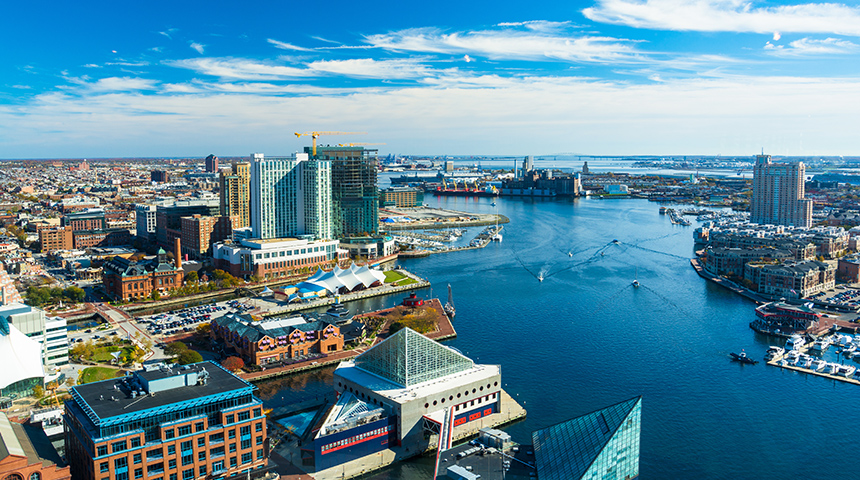How can individuals, organizations, and companies make a difference in our air quality tomorrow (and beyond)? From integrating small changes into daily life to sponsoring large-scale events, thousands of individuals and organizations have committed to reducing their impact on the environment and exposure to air pollution during unhealthy air quality days. Why does it matter?
- One-third of excess nitrogen in the Chesapeake Bay is a result of air pollution, impacting wildlife, fishing, native species, and food supply.
- Elevated levels of air pollution can aggravate asthma – especially in children. Childhood asthma rates in Baltimore are also more than twice the national average.
- Data from Maryland shows a 23 percent higher risk of hospitalizations for asthma during extreme heat events in 2016.
- For three consecutive years, global temperatures have broken records with 2016 as the hottest year. Clean Air Partners initiatives have contributed to breaking the direct link between hotter days and poor air quality days.
- Air pollutants are interfering with the ability for bees and other pollinators to find food and support our ecosystem. The decline in pollinators puts more than 75 percent of our Earth’s flowering plants at risk. That’s 180,000 different plant specifies and one-third of every bite of food we eat.
With these shared commitments we are trending in the right direction! Despite changing weather conditions, air quality is improving across our region as a result of tighter emission controls, individual actions by the public and businesses and initiatives like those enacted by Clean Air Partners. Progress can continue with active citizen engagement and organization and company commitments to reduce air pollution now and into the future. Join us today!




